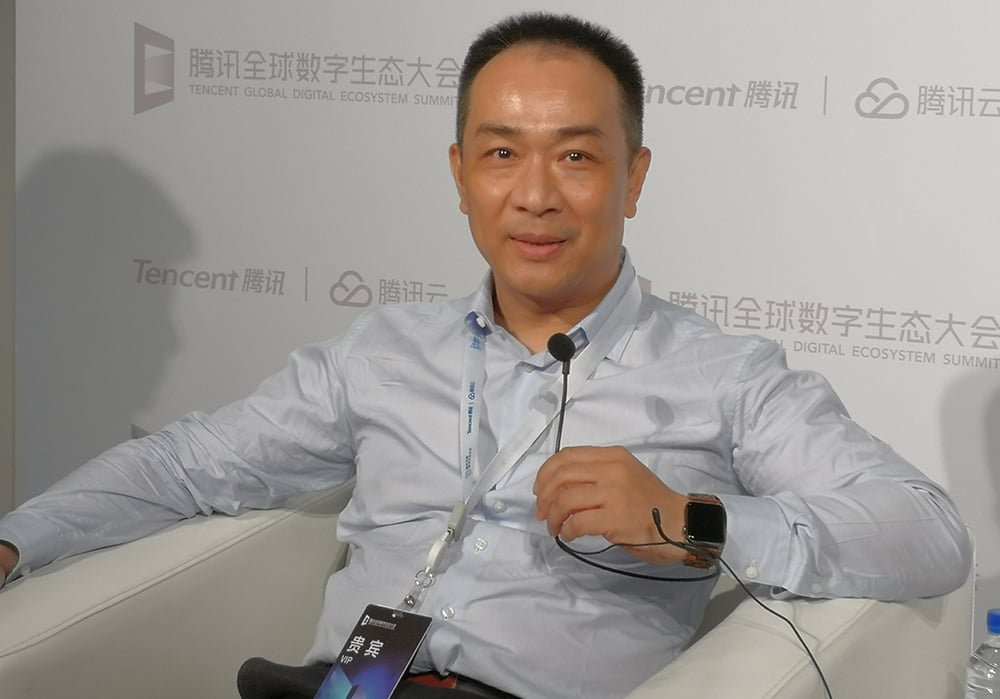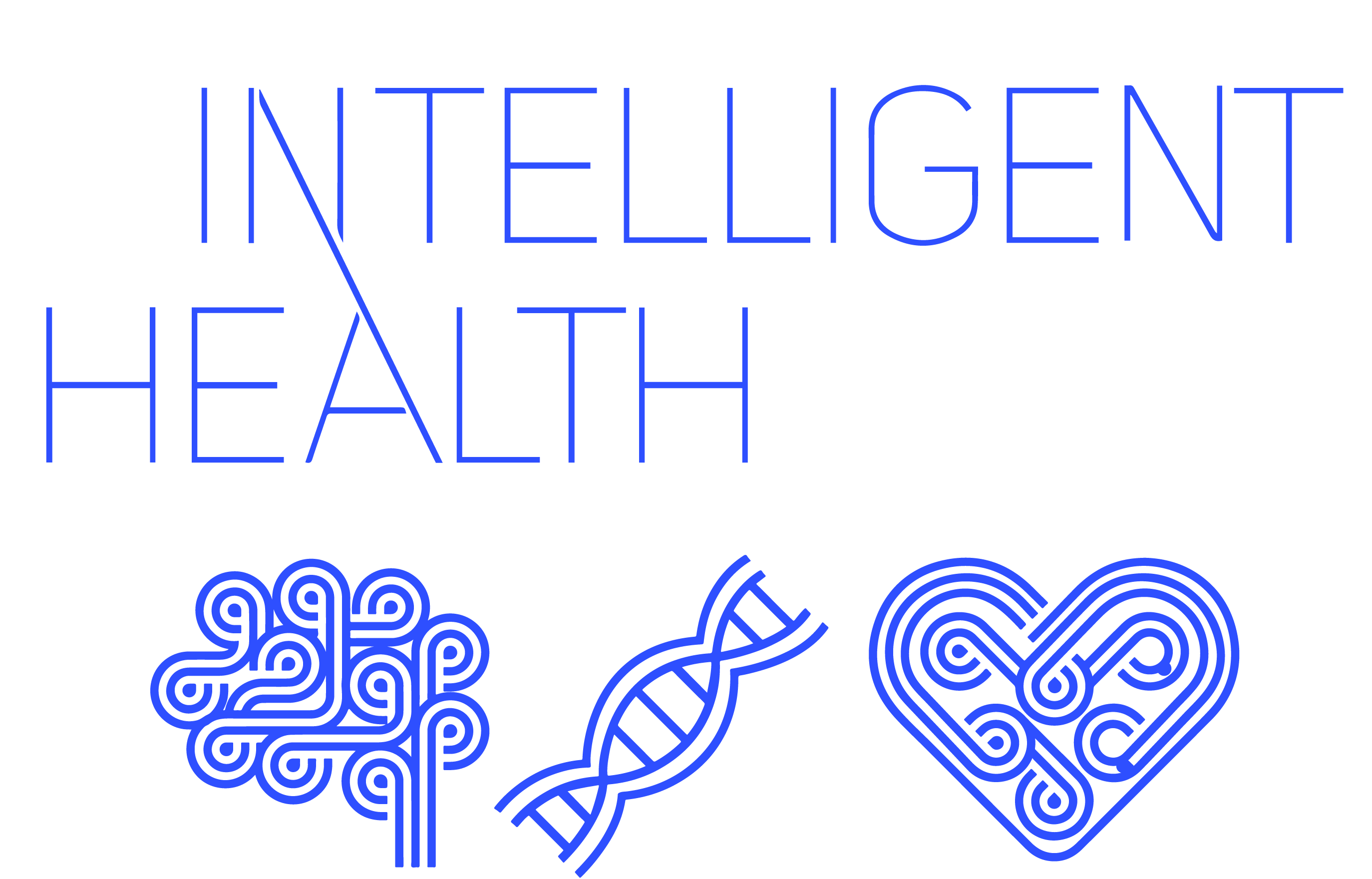Executive Director of Medical AI Labs, Tencent, Dr. Wei Fan shares his thoughts on AI in healthcare. He delivered a keynote speech at Intelligent Health UK 2020: Building the next generation of smart health services - Tencent's digital therapeutics platform for chronic diseases.

Q: What excites you most about the application of AI in healthcare?
The space of AI in healthcare is incredibly broad. That excites me the most. Specifically speaking, AI technologies can make access to real-world evidence (RWE) more convenient, help us predict the progression of diseases and make timely interventions. This saves patients’ time in finding the doctor they need and reduces their medical expenses, delivering tangible benefits to the vast number of patients and doctors alike.
For example, we employ PPG technology to look for digital biomarkers that can be used for early screening and analysis of heart failure diseases. Patients do not have to use any particular device. Measurement can be done with their mobile phone anytime and anywhere. In this regard, we worked with Novartis China and launched “Huxin Xiao’ai (AI)”, the first AI-enabled heart failure management platform in China. Via its WeChat mini-program, “Huxin Xiao’ai (AI)” it can offer interactive experiences such as voice recognition and provide heart failure patients with services such as basic vitals entry, answers to routine questions, medication reminders and authoritative know-how on the disease, helping patients and their families manage the disease in a more convenient and accurate way.
Q: What’s your biggest fear about the application of AI in health/medicine?
The changes that AI in healthcare brings about inspire me more with delightful surprise than fear. People may worry about AI replacing doctors, but that thought never crosses our mind.
After years of exploration, we believe that AI in medicine is the way to go for healthcare innovation. That means AI can be employed as an assistant, helping clinical physicians improve diagnosis accuracy and efficiency, instead of replacing doctors. We believe AI and healthcare will be interwoven increasingly tightly.
Q: How do you think AI will make its biggest mark in healthcare in the next 5 years? 10 years? 20 years?
I have been engaged in AI in healthcare for five years, and have gained a deep understanding of the industry as well as the needs of regulators and doctors. My faith in AI for healthcare is stronger now than ever. Soon, AI will make breakthroughs in more segments, including diagnosis and treatment, disease management and rehabilitation. That will greatly boost the efficiency and effectiveness of the existing healthcare system and benefit more doctors and patients.

Q: How do you think AI will change human contact in healthcare?
With continued application of AI in healthcare and breakthroughs in technologies and research, artificial intelligence exerts an increasingly far-reaching influence on healthcare and expands beyond isolated applications to strive for systemic innovation. For example, the R&D of Digital Therapeutics, a digital diagnosis and treatment platform, has made disease management anytime and anywhere a reality. AI will lessen the workload of healthcare professionals and improve the efficiency and accuracy of their diagnosis and treatment.
Take the motor assessment of Parkinson’s disease as an example. In the past, the assessment mostly relied on verbal communication and was time-consuming. The score was mainly determined by device-free observation of doctors, not backed up by enough quantifiable indicators. With the help of the intelligent evaluation system, a doctor can complete the evaluation of a Parkinson’s disease patient’s motor ability within three minutes, faster by 10 times than before. The system reduces evaluation time and improves doctors’ efficiency. Also, the system makes the motor evaluation of Parkinson’s disease quantifiable and elaborate, thus presenting more precise results. The evaluation enables doctors to assess patients’ conditions more efficiently, classify them and accordingly devise more targeted treatment plans.
Q: Which 2 people do you admire most in the world of AI?
Many scholars have delved into AI. Every one of them is senior to me and merits my respect and admiration. In the field of AI, we are “juniors”. We hope that, through focused and persistent research, we can extend the benefit of medical AI applications to more people.
GLOBAL AI EVENTS CALENDAR
Here is your Global AI Events Calendar where you can meet the Inspired Minds community of business leaders, heads of government, policy makers, startups, investors, academics and media.
WORLD SUMMIT AI AMERICAS
March 25-26th 2020
Palais des congrès de Montréal
Montreal, Canada
INTELLIGENT HEALTH
09-10 September 2020
Basel, Switzerland
WORLD SUMMIT AI
07-08 October 2020
Amsterdam, The Netherlands
WORLD AI WEEK
05-09 October 2020
Amsterdam, The Netherlands
INTELLIGENT HEALTH UK
2 & 3 February 2021
London, UK


